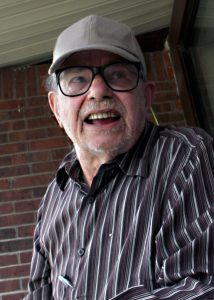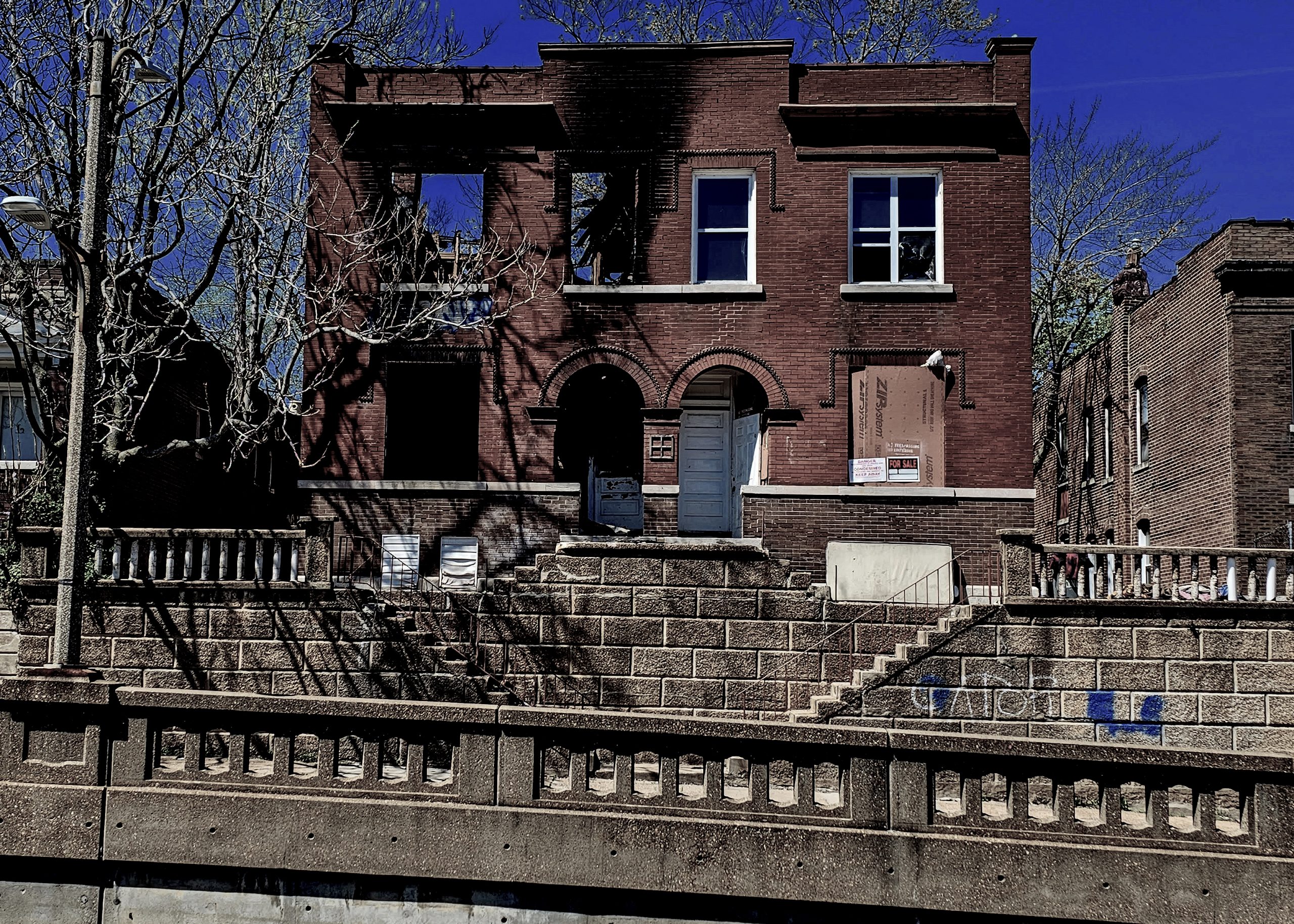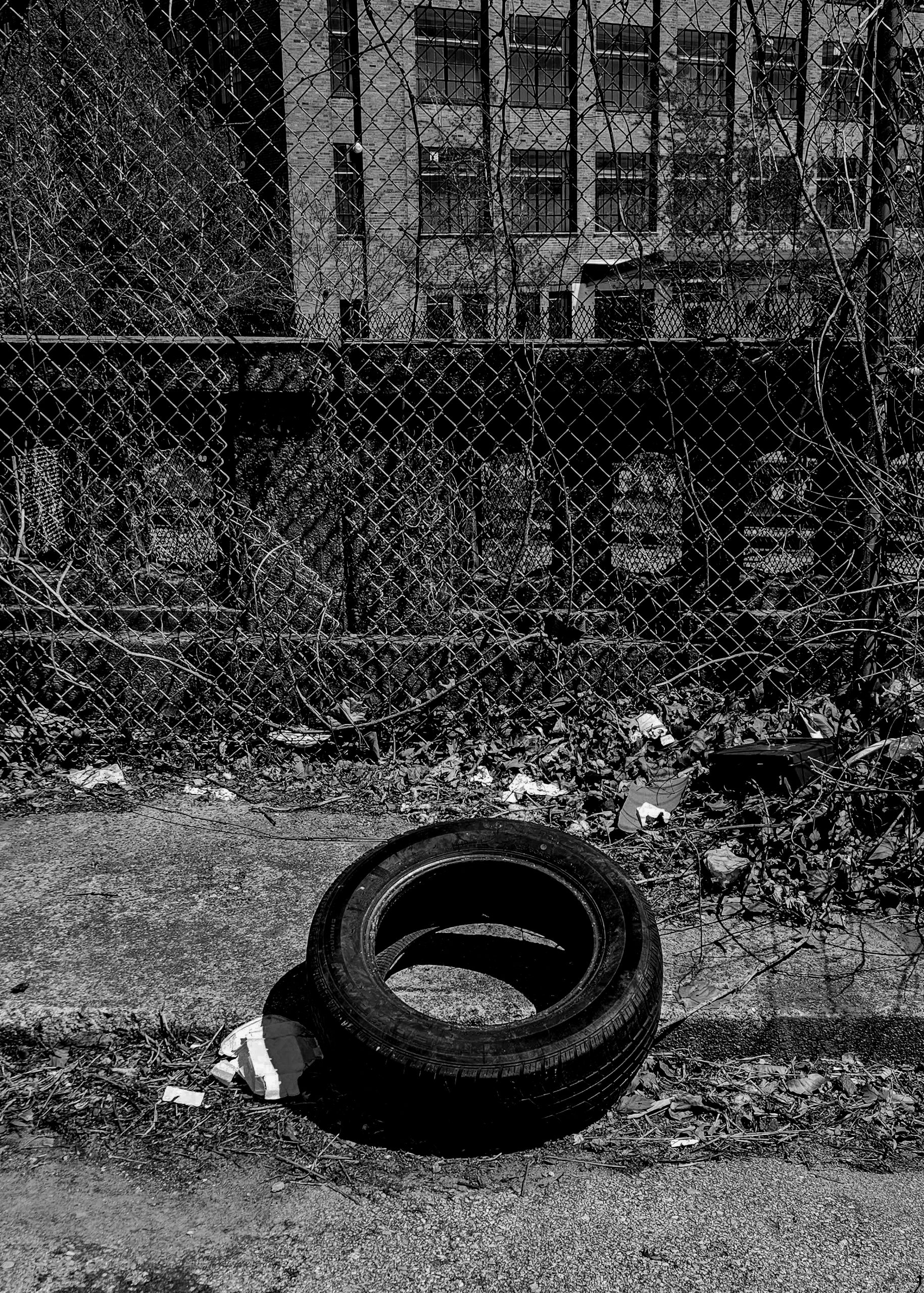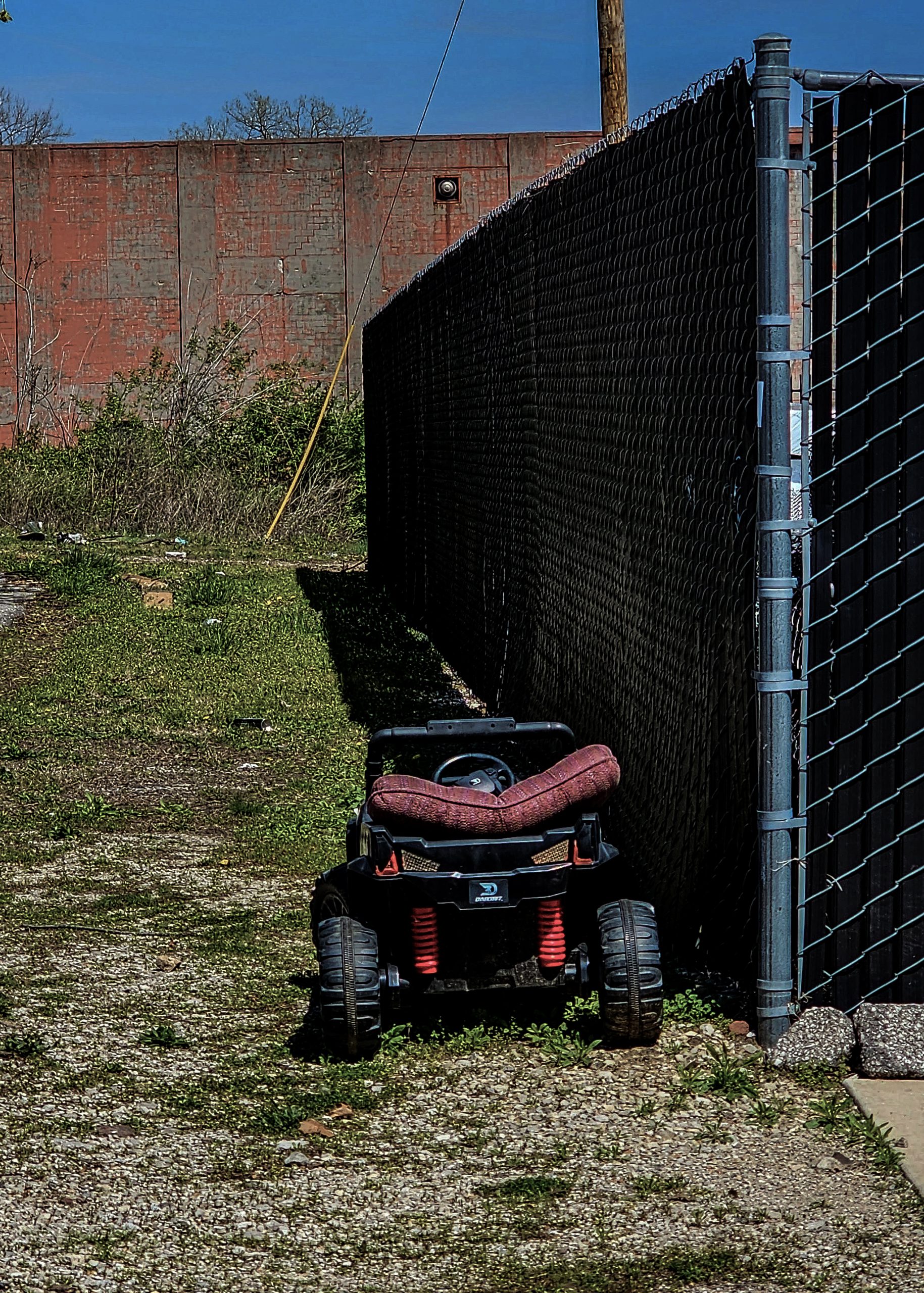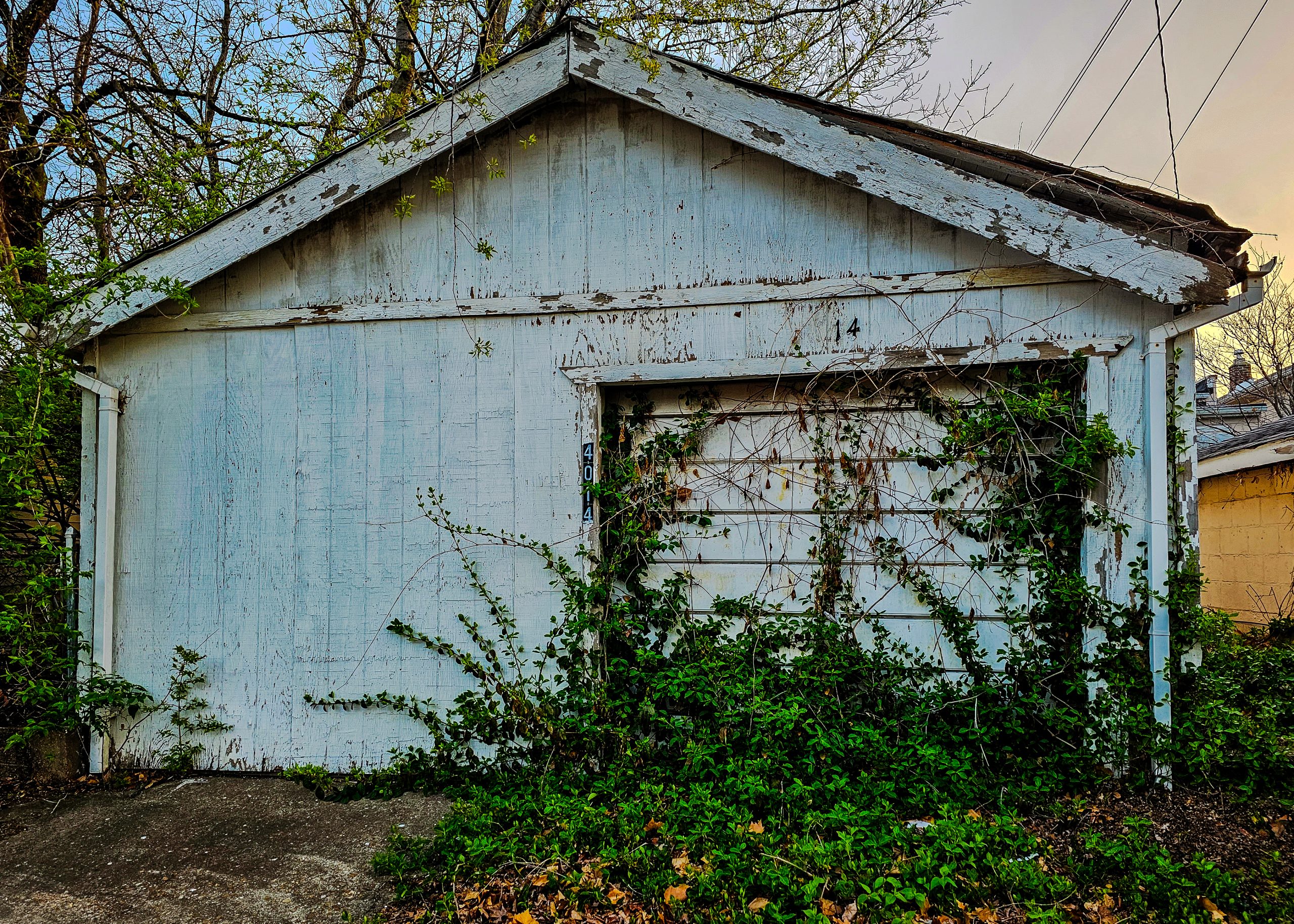I’ve been playing music since I was about 11. Sometime that year my parents bought an organ. A Thomas, with a built-in Leslie speaker. An amazing instrument, and for that time an amazing expenditure. Quite promptly, it was decided I should receive lessons. For convenience (and he no doubt came cheap) they hired the organist at my church (who was also my 5th grade teacher) Mr. Lange. What followed was a period of fraught intentions on all parts and a near-calamitous ruin of my musical ambitions.
But the organ itself was the gateway to further explorations, especially after Mr. Lange departed (and no teacher was hired to replace him) and I discovered rock music and fell into company with a cadre of musical rebels. The organ itself, while we never took it out of the house, served for many years until the house I once lived in was sold and I opted not to bring it with me.
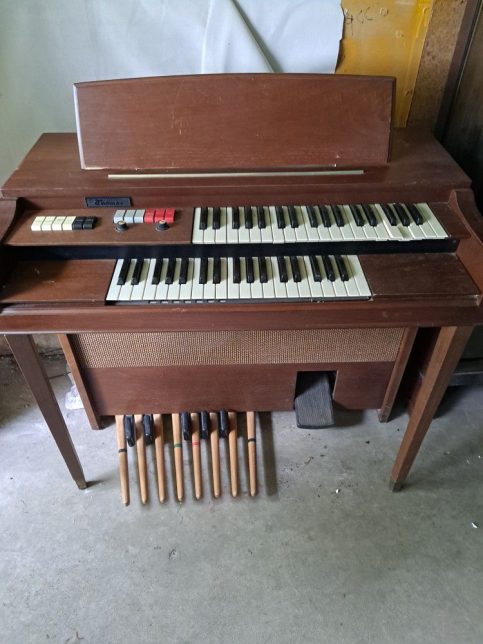
It was a badly used machine, though I have fond memories of it. My friends and I put it through some things trying to tease sounds out of it never intended by the designers.
The last time I played it was about 1978. I then moved out in 1981. We bought our house in 1991, my parents bought their new one a few years later, and the Thomas disappeared.
In 1989, though, a year after Clarion, we were in a music store, and were given a demo of a new Yamaha Clavinova. A CP-8, which meant is would only produce 8 tones simultaneously. Not fully polyphonic, but what a sound! Superb grand piano and a passable Hammond B-3. Donna made the call, intuiting that this might end up being very good for me psychologically. We bought it. About three grand back then, which was a lot.
I loved that piano. It was delivered and I sat there wondering if I still remembered anything. I set my hands to the keys…
Christmas caroles. Seriously? That’s what my hindbrain retained?
Oh, well. I bought a couple of new books, including a finger exercise (which I loathe, but recognize the need for) and I set about playing.
And between the writing, the day-job, and all the rest, I never did recover what I could once do. Instead, I acquired a manner of improvisation that, if you weren’t paying attention, sounded like I knew how to play.
Oh, from time to time something bubbled up or I would set my mind to learning something, but then there would be long periods during which I didn’t touch it. I have never been willing to submit to the total discipline of the serious keyboardist.
But I had fun, and for a few years I was playing with a group at a coffeehouse and I was good enough to follow a chord chart and slip into a groove. Donna was right, psychologically it had been very good for me.
Alas, things electronic have lifespans, and this past summer the poor thing died on me. No power. I tried to find someone who would come to the house to see about repairing it, but no joy. I would have to replace it.
The thing about that Clavinova, among other virtues, was the “feel” of the keyboard. Nicely weighted, very much the sense of playing a Steinway or something. A replacement would not be cheap.
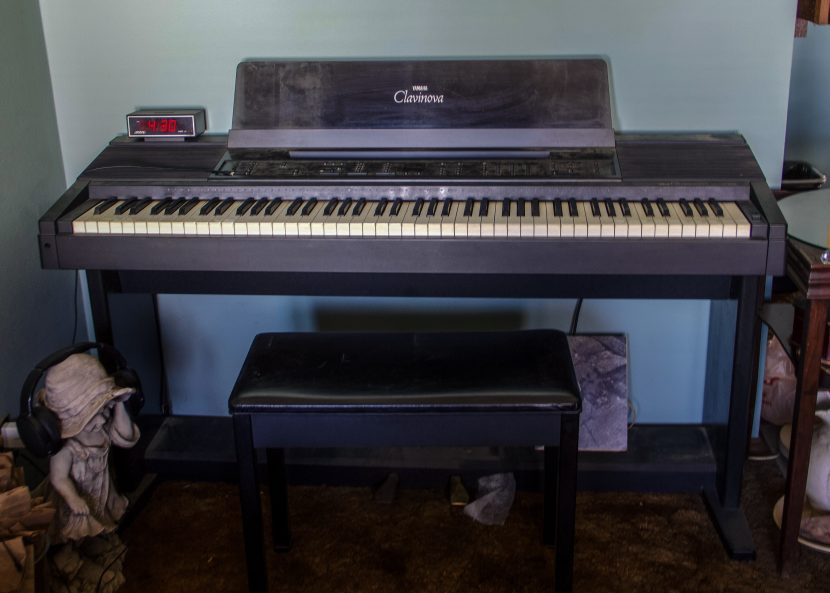
But also I had no idea what an equivalent might be. So I did what I almost never do. I went on social media and asked opinions. I didn’t get any. What I did get was a friend reaching out to say she still had her late husband’s piano and would I be interested.
Well, yeah. Lloyd was a superb player and on our many evenings at their house I was allowed to play his much superior piano. He had sprung for a top of the line Yamaha—still a Clavinova, but a starship compared to my shuttle—and something I likely would never have been able justify brand new.
So, last week, it arrived.
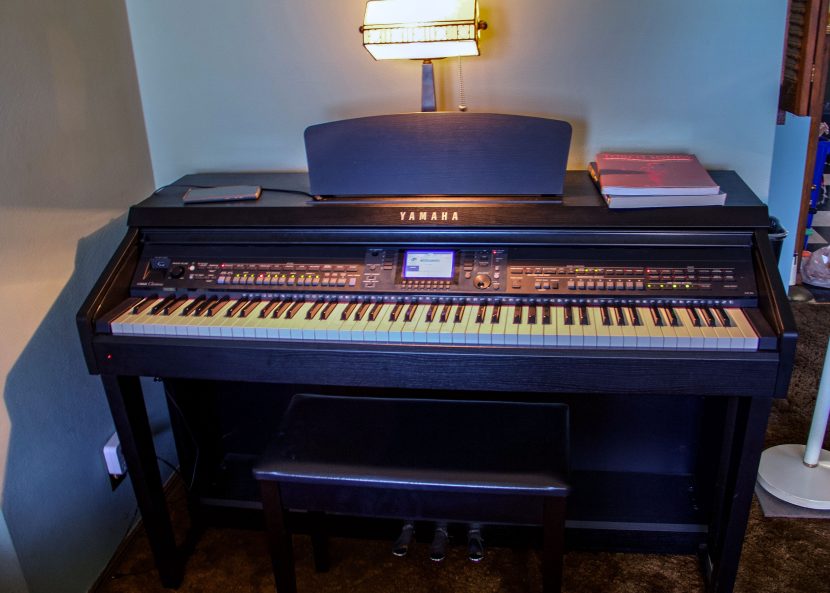
I have an orchestra now.
Lloyd Kropp was a good friend, a gentle person, and a fine writer. It was a frustration that he was unable to get his more recent work published, the industry being the fickle beast it is, but I recommend whole-heartedly his novel Greencastle. One of the best coming-of-age novels I’ve ever read, especially for those of us long-steeped in science fiction and fantasy and all things mysterious and macabre. As I say, he was a fine musician, mostly jazz and American Songbook. But he was a composer as well and we heard some of his pieces. It’s a privilege to now have this instrument in my house. I will endeavor to live up to its potential.
I cannot imagine life without music, either to listen to or to play. I play for my own pleasure, mostly meandering improvisations that occasionally seem to go somewhere. But this past year, since retirement, I’ve set to learning some material so as not to bore others or embarrass myself at parties should I be called upon to “play something.”

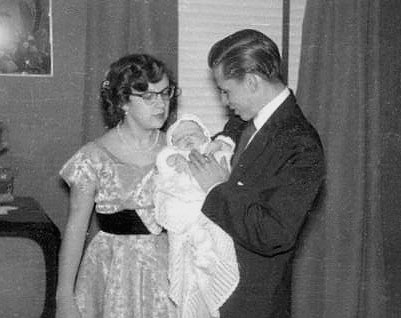
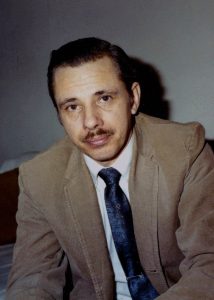 From all I have gathered, dad did everything he could to make a fine and nurturing home. He had come from domestic circumstances that were far from ideal, from an alcoholic and abusive father and an apparently resentful if dutiful mother. He had been a late baby for her, giving birth to him when she was 40. While that is less uncommon today, in 1930 that was not only unusual but entailed more risk. There was a considerable age difference between Henry and his siblings and he ended up the last to leave home, which he had to do under fraught circumstances. It seemed that he was determined to do better for his own family.
From all I have gathered, dad did everything he could to make a fine and nurturing home. He had come from domestic circumstances that were far from ideal, from an alcoholic and abusive father and an apparently resentful if dutiful mother. He had been a late baby for her, giving birth to him when she was 40. While that is less uncommon today, in 1930 that was not only unusual but entailed more risk. There was a considerable age difference between Henry and his siblings and he ended up the last to leave home, which he had to do under fraught circumstances. It seemed that he was determined to do better for his own family.